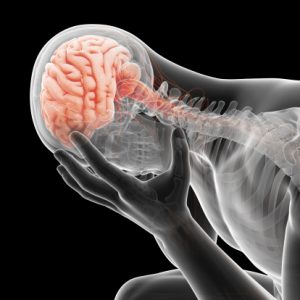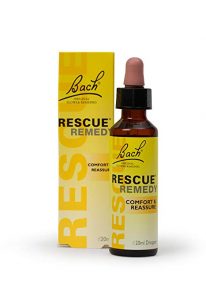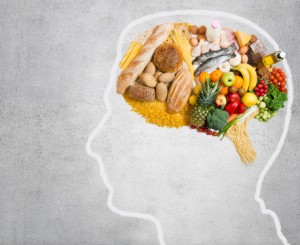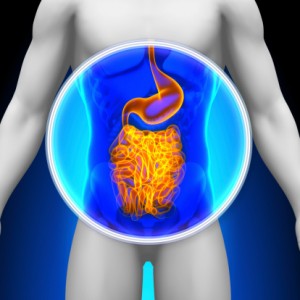Recently, the first study to directly compare medication to mindfulness meditation for treating anxiety found that the two worked equally well.
After two months, patients participating in a weekly mindfulness program saw their anxiety decrease the same amount as patients taking anxiety meds like Lexapro. Now, one expert says that the study is reaffirming how “useful mindfulness can be when practiced effectively.”
Since one in five US adults live with an anxiety disorder, this information should change the standard of care to one that at least includes a mediation practice.
Anxiety disorders include social anxiety, generalized anxiety and panic attacks. Affected people are troubled by persistent and intrusive worries that interfere with their lives and relationships. In the U.S., anxiety disorders affect 40% of U.S. women at some point in their lives and more than 1 in 4 men, according to data cited in U.S. Preventive Services Task Force screening recommendations.
Meditation can also be a helpful tool for managing multiple sclerosis , which is one reason why I’m excited to share a new program that I am offering together with Dr. Irene Cop of the Stress-to-Success S.H.I.F.T. Institute.
In the Autoimmune Reset Experience, participants get the benefits of not only the functional testing and protocols contained in my signature Inflammation Investigator program, but also the Retrain Your Brain exercises and meditations that are Dr. Irene’s specialty.
Sound interesting? Jump into one of the upcoming live calls or recordings here to learn more!


 I recently was able to see Rescue Remedy work its magic on the little dog we got last year. She had been found in the middle of December, covered in ticks, in Joplin Missouri. Weighing in at 9 lbs. and less than a foot tall, she had to be on high alert all the time to survive. Even after she was picked up, she spent months in shelters, was shipped across state lines, lived with a foster family, was adopted and then returned before finally coming to land with us. When she arrived at our house, her coat was thin and scraggly and her skin raw and inflamed. She was aggressive toward other dogs and too nervous to be left alone.
I recently was able to see Rescue Remedy work its magic on the little dog we got last year. She had been found in the middle of December, covered in ticks, in Joplin Missouri. Weighing in at 9 lbs. and less than a foot tall, she had to be on high alert all the time to survive. Even after she was picked up, she spent months in shelters, was shipped across state lines, lived with a foster family, was adopted and then returned before finally coming to land with us. When she arrived at our house, her coat was thin and scraggly and her skin raw and inflamed. She was aggressive toward other dogs and too nervous to be left alone.


